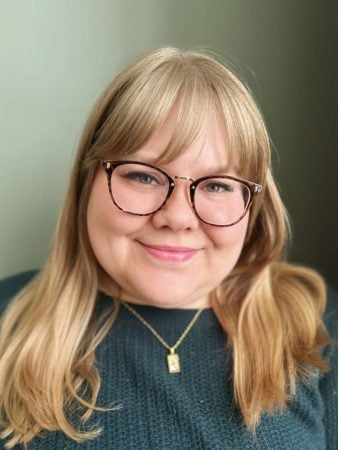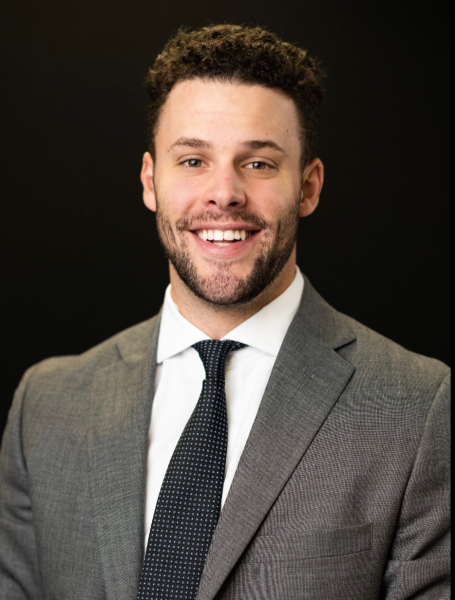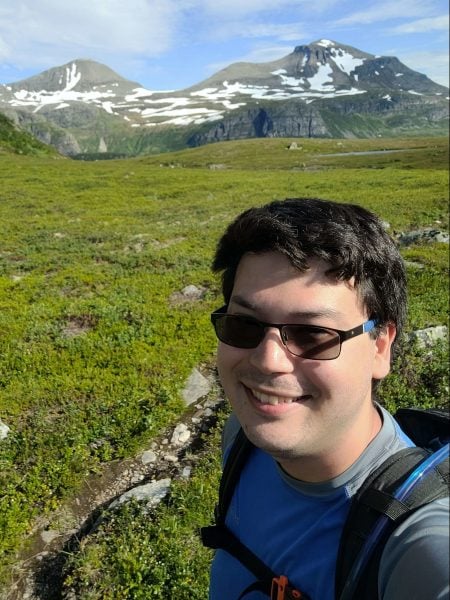My PhD journey began at Michigan Tech began in August 2020 in the Department of Humanities. Although it was difficult to find my footing while feeling so isolated in a new place, the Rhetoric, Theory, and Culture program welcomed me with open arms. This program, the faculty and staff, and especially my connection to my committee, has shaped my growth as a scholar, teacher, and learner. As a girlhood studies scholar, my research has focused primarily on how the figure of the girl is created—both through media and toys and by girls themselves. In other projects or coursework at Michigan Tech, I’ve focused on feminist methodologies, fan culture, dollhouses, social justice and usability in technical communication, interdisciplinary curriculum, and writing program or writing center administration. Through the support of my advisor, I received the G. Rollie Adams Research Fellowship at The Strong Museum of Play to study dollhouses, girls, and play at their library.
My dissertation explores how girls aged 5-9 view teen girls, and what they think of becoming teen girl. Themes from focus groups include girls’ maturity and self-expression. My study also reviews the Barbie Vlogs and analyzes themes evident throughout the series, including self-expression, self-disclosure, and friendship. This project offers a methodological contribution to girlhood studies and importantly considers little girls’ opinions and ideas. The discussion of media for girls and how media impacts them is largely adult-mediated and I endeavor to begin to recover the voice of girls and ask what they are actually doing with the media and toys they engage with.
I want to give a heartfelt thank you to my committee, Sarah Bell, Patricia Sotirin, and Andrew Fiss, for their support, knowledge, and guidance throughout this project. I also want to thank the Graduate Dean Awards Advisory Panel for granting me this award—according to other scholars, this dedicated time to write will be one of the most exciting and fruitful times of my life!


